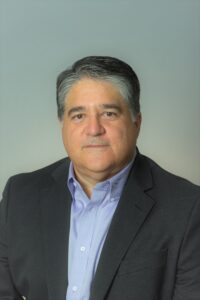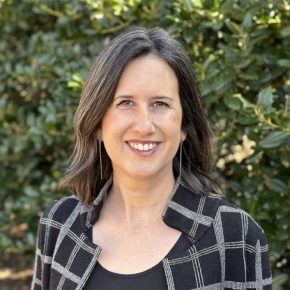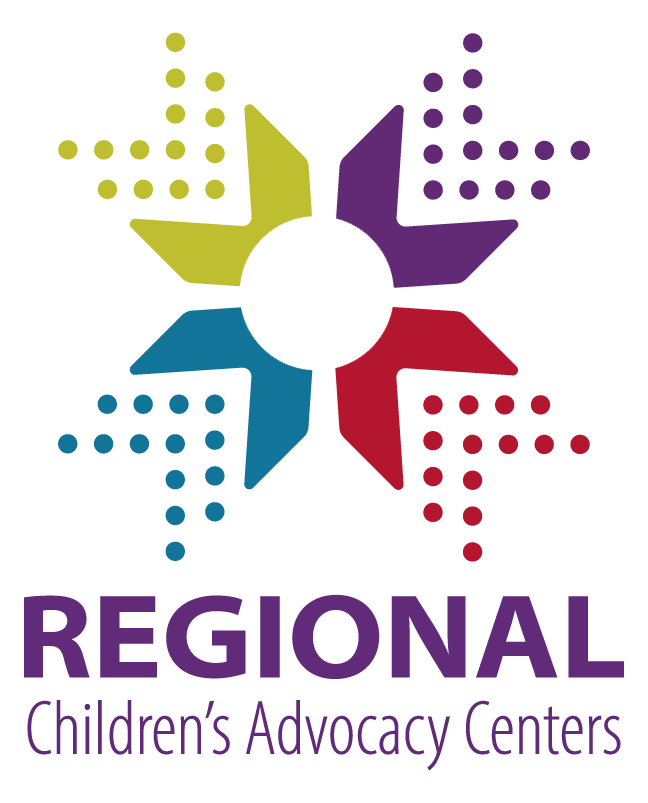The Regional Children’s Advocacy Centers (RCACs) have come together to offer a National Chapter Executive Coaching Program grounded in the belief that State Chapter leaders do their best work when they are clear on their purpose, connected to their inner wisdom, and challenged to seek multiple perspectives on the many obstacles and opportunities inherent in their work. The purpose of this program is to facilitate purposeful learning, increased self-efficacy, and transformational growth for State Chapter leaders to support their movement-building efforts and increased resiliency in their role.
To view information below, click on each section to expand or collapse.
As a State Chapter leader, you serve a unique role in convening, leading, and setting the tone for the coordinated response to child abuse in your state. This includes navigating important interpersonal and inter-agency relationships by modeling inclusive, intentional cultures. Your role requires you to find balance between the demands of growing and sustaining your State Chapter, while also supporting and fostering growth and development throughout your membership. It is a leadership role that can be challenging and isolating, and it has the potential for burnout if not supported with care.
The National Chapter Executive Coaching Program utilizes an executive coaching model: a partnership designed to help a leader increase self-awareness, gain clarity of purpose, and develop strategies that will be helpful in actualizing their vision without sacrificing their own wellbeing.
| What Coaching Is | What Coaching Is Not |
|---|---|
|
|
Like all other personal and professional development, coaching is only as effective as the readiness and effort put forth by the individual engaging in the process. You are ready for coaching if you resonate with the following:
- You understand that how you show up and continue to grow as a leader directly impacts how your Chapter functions.
- You are willing and able to commit to and prioritize at least one hour per week to your own personal and professional growth.
- You have a growth mindset and are willing to be challenged and held accountable to your agreements and commitments.
- You are willing to experiment and fail.
- You understand and believe that your personal leadership plays a role in establishing the culture at your Chapter, as well as contributes to the CAC movement as a whole.
- You can commit to all elements of the program outlined below.
This program includes the following elements over the course of 3-4 months:
- Applications closed. Applicants will be notified by January 24, 2025.
- Six – 60-minute coaching sessions
- Three – 75-minute virtual Peer Connection Circles with other coaching participants (Important! Please note the specific start and end times for your time zone.)
- Program Kick-Off: Thursday, February 20, 2025
- 8:00 a.m. - 9:15 a.m. HST (Hawaii)
- 9:00 a.m. - 10:15 a.m. AKST (Alaska)
- 10:00 a.m. - 11:15 a.m. PST (Pacific)
- 11:00 a.m. - 12:15 p.m. MST (Mountain)
- 12:00 p.m. - 1:15 p.m. CST (Central)
- 1:00 p.m. - 2:15 p.m. EST (Eastern)
- Program Mid-Point Check-In: Thursday, April 10, 2025
- 7:00 a.m. - 8:15 a.m. HST (Hawaii)
- 9:00 a.m. - 10:15 a.m. AKDT (Alaska)
- 10:00 a.m. - 11:15 a.m. PDT (Pacific)
- 11:00 a.m. - 12:15 p.m. MDT (Mountain)
- 12:00 p.m. - 1:15 p.m. CDT (Central)
- 1:00 p.m. - 2:15 p.m. EDT (Eastern)
- Program Close: Thursday, May 22, 2025
- 7:00 a.m. - 8:15 a.m. HST (Hawaii)
- 9:00 a.m. - 10:15 a.m. AKDT (Alaska)
- 10:00 a.m. - 11:15 a.m. PDT (Pacific)
- 11:00 a.m. - 12:15 p.m. MDT (Mountain)
- 12:00 p.m. - 1:15 p.m. CDT (Central)
- 1:00 p.m. - 2:15 p.m. EDT (Eastern)
- Program Kick-Off: Thursday, February 20, 2025
- Pre/Post intake and assessment to measure progress
Prior to engaging in the coaching process, you will be asked to complete an extensive intake form that provides insight and perspective on areas of your work/life that are going well and areas that are challenging. You will be asked to identify your primary obstacles as well as your current goals for the coaching sessions. This intake form will provide the foundation for your discovery session when you work with your coach to establish your partnership and your purpose for the coaching sessions. You will also identify or refresh your personal values – an important aspect of creating and maintaining integrity within your leadership position.
We encourage a rhythm of biweekly coaching for the remaining 6 sessions that will assist with accountability and action. Each coaching session will follow a similar process to that which is outlined below:
Fully Arrive: Participants will be asked to buffer their coaching sessions with 15 minutes of prep and 15 minutes of reflection before and after each session. Upon arriving to the coaching session, participants will utilize a practice for transitioning into the coaching space and relationship. During this time, participants will also set their intention for how they’d like to show up during the session.
Goal Setting: At each session, participants will have an opportunity to reflect on their agreements, homework, and learning since the prior session. Then they will establish a new goal for the current session.
Transformation: The coach will engage in asking powerful questions, utilize various frameworks for exploration, and guide the participant towards their established goal.
Closing: Every session will end with a check-in on progress towards the established goal and broader purpose for engaging in coaching. During this time, any additional action steps will be discussed, and a practice will be used to transition out of the space.
Peer Connection Circles will occur at the beginning, middle, and end of the program to increase connection and learning among peers who are engaging in similar transformational work. The Peer Connection Circles will also provide an additional space for reflection and action on your coaching goals. All information shared during both the individual sessions and the Peer Connection Circles is confidential and will not be shared outside of the coaching partnership.
Because issues that require more direct consulting and technical assistance may arise in the context of coaching, your coach may set up work sessions separate from the coaching sessions to explore specific strategies, tools, and resources.
NOTE: Given the intensity of this program, we will only be taking a limited number of participants and will only accept those who can commit to all aspects of the program.
Accepted participants will be paired with one of the following coaches based on a variety of factors including coaching focus, expertise, and capacity.
 |
Tony DeVincenzo
Senior Training Specialist, Northeast Regional CAC Tony DeVincenzo is a Senior Training Specialist at Northeast Regional CAC. Tony brings over 20 years of expertise in law enforcement, child advocacy, and multidisciplinary team (MDT) coordination to the National Chapter Executive Coaching Program. As a former MDT member, Team Coordinator, and Child Advocacy Center (CAC) Program Director, Tony is deeply committed to strengthening the CAC movement. He empowers leaders by fostering strengths-based leadership, promoting effective team collaboration, and delivering impactful coaching, training, and technical assistance. |
 |
Emily Chittenden Laird
Director, Southern Regional CAC Emily Chittenden-Laird is the Director of Southern Regional CAC. Emily is an experienced strategist and leader. Fueled by a desire to develop leaders and cast an inspiring vision for growth, Emily leads the SRCAC team by providing oversight and direction to ensure transformational change within the CAC movement. As a coach, Emily enjoys helping leaders grow their innate gifts and learn to trust themselves more deeply. |
 |
Cara Vock
Program Manager – Chapter Development, Southern Regional CAC Cara Vock is the Program Manager for Chapter Development at Southern Regional CAC. Cara is an experienced leader, advocate, coach, and facilitator. Rooted in her experience working at a CAC, and a State Chapter, Cara has a deep commitment to state-wide systems and collaborative learning. Driven by a love for connection and innovation, she helps to grow, strengthen, and enhance Chapter leaders. |
